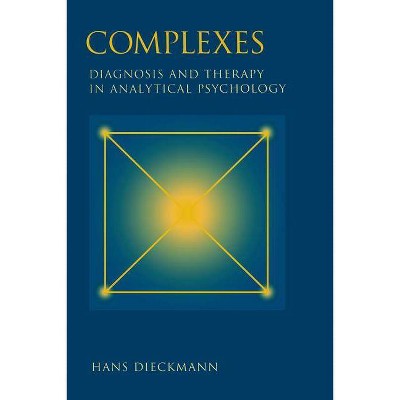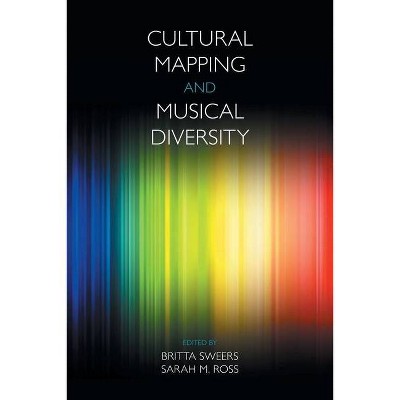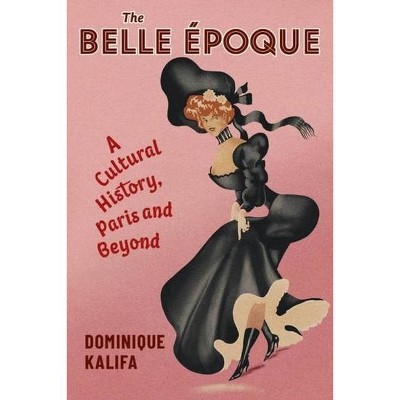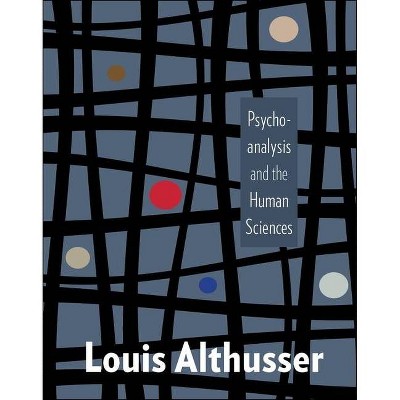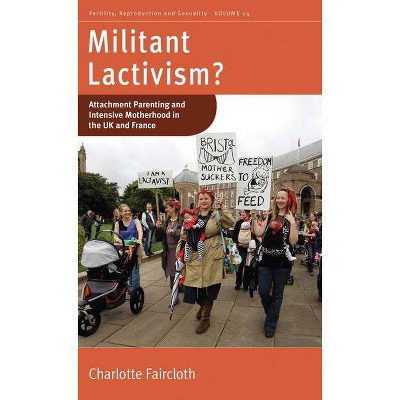Mapping the Unmappable? - (Social and Cultural Geography) by Ute Dieckmann (Paperback)
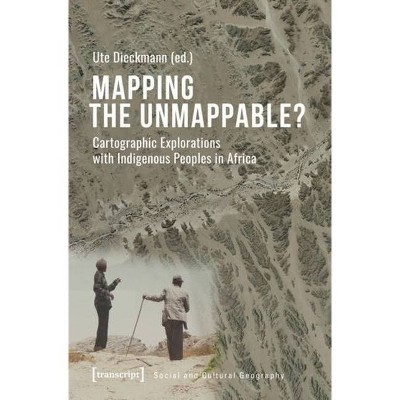
Similar Products
Products of same category from the store
AllProduct info
<p/><br></br><p><b> About the Book </b></p></br></br>How can we map differing perceptions of the living environment? <i>Mapping the Unmappable?</i> explores the potential of cartography to communicate the relations of Africa's indigenous peoples with other human and nonhuman actors. The contributors create a deepened understanding of indigenous ontologies for a further decolonization of maps.<p/><br></br><p><b> Book Synopsis </b></p></br></br>How can we map differing perceptions of the living environment? Mapping the Unmappable? explores the potential of cartography to communicate the relations of Africa's indigenous peoples with other human and non-human actors within their environments. These relations transcend Western dichotomies such as culture-nature, human-animal, natural-supernatural. The volume brings two strands of research - cartography and "relational" anthropology - into a closer dialogue. It provides case studies in Africa as well as lessons to be learned from other continents (e.g. North America, Asia and Australia). The contributors create a deepened understanding of indigenous ontologies for a further decolonization of maps, and thus advance current debates in the social sciences.<p/><br></br><p><b> About the Author </b></p></br></br>Ute Dieckmann (PhD) is an anthropologist with more than two decades of research experience (ethnographic, archival, oral history and livelihoods enquiry) in Namibia. She worked both in academia and for Namibian and international non-governmental organisations.
Price History
Price Archive shows prices from various stores, lets you see history and find the cheapest. There is no actual sale on the website. For all support, inquiry and suggestion messages communication@pricearchive.us

